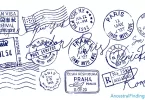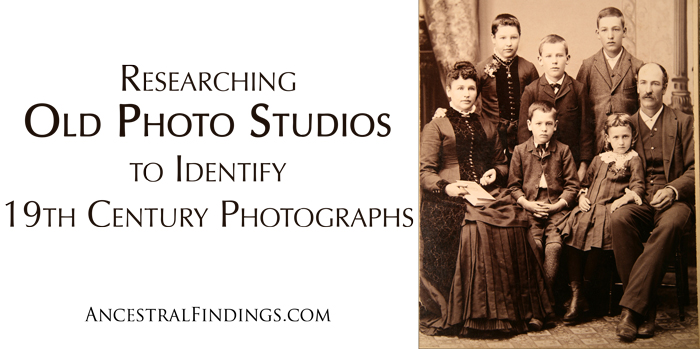As you step into an antique store, it’s as if you’re crossing the threshold into another era. The air feels heavy with the collective memory of times that have come and gone, as though each artifact whispers secrets of its past. But nestled among the jumble of porcelain figurines, vintage clothing, and ancient tomes, you’ll find a humble collection of old postcards that are easily overlooked but richly rewarding.
Sign up for the weekly Historical Postcard Giveaway!
These postcards might not appear very impressive initially, resembling quaint relics with kitschy scenery or antiquated landmarks. But for collectors and enthusiasts like me, they represent something profoundly personal and universal. It’s not just about the photos on the front; the magic lies in the handwritten stories on the reverse side. Hasty yet heartfelt, these messages are like small time capsules, preserving moments and sentiments that might otherwise be lost to the sands of time.
Take, for example, a postcard dating back to 1912. You might see an old black-and-white photograph of a bustling city square on the front. But when you flip it over, you’re met with the intimate musings of a woman excited about her first journey alone; her words tinged with the uncertainties of an era on the brink of war. It’s in this delicate balance of joy and trepidation that you can touch the very essence of her life, however briefly.
And that’s the enchanting draw of collecting postcards. These mini-chronicles give us a fleeting yet meaningful glance into the personal worlds of people who lived long before us. We can vicariously experience their triumphs and challenges by reading their words, even as we find common life threads.
But what is it about reading these small snippets from unknown lives that captivates us? Could it be the genuine humanity in such analog communication, especially when juxtaposed against our current digital age of tweets and emojis? Writing a postcard was a ritual. Choosing the perfect scene, carefully formulating words, and then entrusting it to the postal service conveyed a depth of thought and affection that seems increasingly rare today.
Equally fascinating is the sense of mystery these cards offer. While social media today archives almost every aspect of our lives, these postcards are enigmatic, providing only a fragmentary glimpse into a larger, untold story. This incompleteness fuels our curiosity and inspires us to imagine the fuller lives behind these fleeting messages.
I remember coming across a postcard from the 1940s with an idyllic beach scene. The back, however, held a tale of war and yearning. A soldier, penning his thoughts, wrote of distant gunfire and dreaming about the peaceful days back home. He didn’t know if he’d ever experience peace again, and the note ended abruptly, leaving a haunting void. While left with questions, I felt a deep connection, as if I had momentarily stepped into his shoes.
These little paper treasures serve as conduits, linking us to the intricate web of human history and emotion. These postcards gently remind us of our universal experiences—love, anguish, ambition, or the simple wish to be understood in a world seemingly divided by differences.
For collectors, the thrill never wanes. Each trip to an antique store is like a treasure hunt, where any bin or hidden corner might hold the story of a lifetime. Even as our world undergoes rapid change and technologies evolve, the intrinsic value of these postcards endures.
When we collect these cards, we are doing more than merely acquiring objects. We are guardians of individual legacies and, in our way, keepers of history. They are a tangible link to the lives, dreams, and fears of people no longer with us. They let us hear the heartbeat of generations past.
So the next time you find yourself in an antique store, don’t just walk past that box of old postcards. Stop, take one out, and flip it over. As you read the words scribbled in ink, allow yourself to be carried away to a different place and time. Who knows what stories you’ll find? A whole universe waits to be discovered in these little parcels of history.






